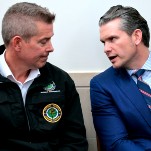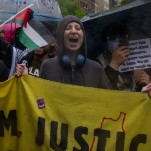Books You Should Read: "Heroines"
LatestKate Zambreno’s book Heroines comes out today! And you should read it. It is fantastic. It is basically How A Book Should Be.
You should also read Kate Zambreno’s blog. How good is Kate Zambreno’s blog? I just typed her blog URL into the URL-making thingee of this idiotic CMS from memory, is how good – and you could list the personal blogs whose URLs I know and can type by heart on the fingers of a one-handed man who lost a couple in a knife fight down in Reno.
-

-

-

-

-

-

-

-

-

-

-

-

-

-

-

-

-

-

-

-

-

-

-

-

-

-

-

-

-

-

-

-

-

-

-

-

-

-

-

-







































